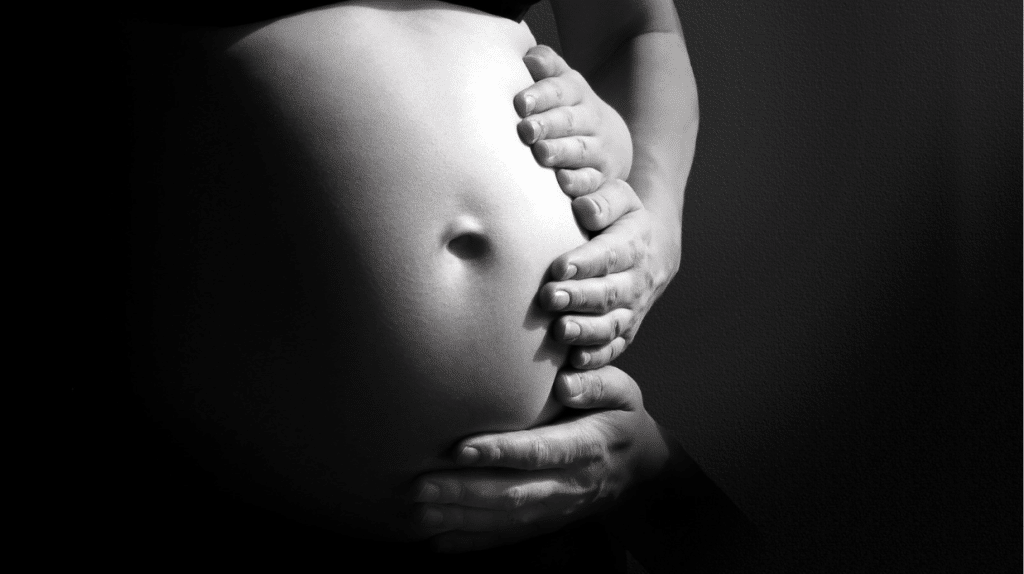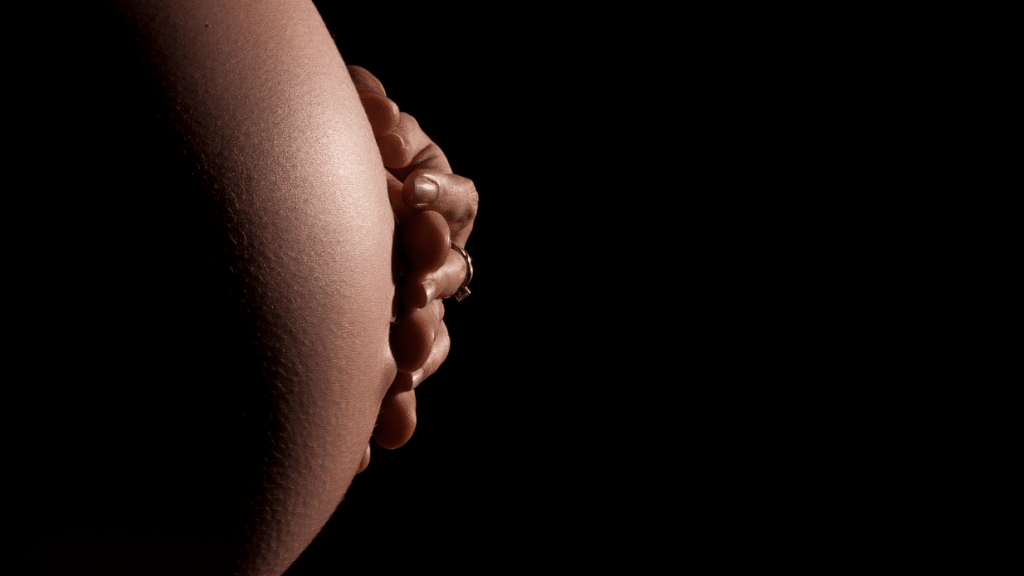Pregnancy Due Date
If you’re pregnant, you’ve probably already started wondering when your baby will make his or her debut. One way to get a general idea is to use a pregnancy due date calculator.
Pregnancy is an amazing time in a woman’s life. There’s so much to think about and prepare for! One of the first things you’ll want to do is calculate your due date.
There are a couple different ways to do this. One is to count from the first day of your last period. Another is to use an ultrasound measurement of the baby.
The due date is important because it helps your healthcare provider know when to expect the baby and plan accordingly. It also allows you to better plan for things like childbirth classes and time off from work.
If you’re trying to get pregnant, you can also use a due date calculator to help you figure out when you should start trying.
No matter how you calculate it, your due date is just an estimate. Babies rarely come on their due date. In fact, only about 5% of babies are born on their due date. Most are born within a week of their due date, and a small percentage are born two weeks before or after.
So, even though it’s just an estimate, your due date is an important part of your pregnancy.

How to calculate your pregnancy due date?
If you’re pregnant, you might be wondering when your baby will arrive. While it’s impossible to pinpoint the exact date, there are a few ways to calculate your due date.
One way to calculate your due date is to count 40 weeks from the first day of your last period. This method is based on the assumption that you ovulate (release an egg) 14 days after your period starts.
Another way to calculate your due date is to use an online calculator. These calculators use information such as the date of your last period and the length of your cycle to estimate your due date.
If you’re not sure when your last period was or if you have irregular periods, your doctor may use an ultrasound to estimate your due date.
No matter which method you use to calculate your due date, remember that it’s just an estimate. Only about 5% of babies are born on their actual due date.
So, if you’re wondering when your little one will make their debut, relax and enjoy the wait.
The different factors that can affect your due date
The due date is the most important factor in pregnancy. It determines when the baby will be born and how much development will take place before birth. However, there are several other factors that can affect the due date. These include the mother’s age, health, weight, and the length of the pregnancy.
The mother’s age can affect the due date. Women who are over the age of 35 may be more likely to have a baby early. This is because the eggs are not as healthy as they are in younger women. In addition, the older the woman is, the more likely she is to have a health condition that could cause problems during pregnancy.
The mother’s health can also affect the due date. Women who have chronic health conditions such as diabetes or high blood pressure may be more likely to have a baby early. In addition, women who are obese may also be more likely to have a baby early.
The length of the pregnancy can also affect the due date. Women who have a short pregnancy may be more likely to have a baby early. This is because the baby has less time to develop in the womb. In addition, women who have a long pregnancy may be more likely to have a baby late. This is because the baby has more time to develop in the womb.
The weight of the mother can also affect the due date. Women who are overweight may be more likely to have a baby early. In addition, women who are underweight may be more likely to have a baby late.
There are several other factors that can affect the due date. These include the mother’s age, health, weight, and the length of the pregnancy.

How to use a pregnancy due date calculator?
If you’re pregnant, you’ve probably already started wondering when your baby will make his or her debut. One way to get a general idea is to use a pregnancy due date calculator.
Most pregnancy due date calculators use the first day of your last period to estimate your due date. This is because ovulation, or when you release an egg, typically happens about two weeks after your last period. So, if you know when your last period started, you can count back two weeks to get an estimate of when you ovulated.
Once you know when you ovulated, you can add 40 weeks to that date to get your estimated due date. This is because it’s thought that most babies are born about 40 weeks after ovulation.
Of course, it’s important to remember that this is just an estimation. In reality, only about 5% of babies are actually born on their due date. So, don’t be surprised if your baby arrives a few days (or even weeks) before or after your estimated due date.
If you want to be more precise in your estimation, there are other factors you can take into account, such as the length of your menstrual cycle and the date of your last ultrasound. But, for most people, the simple due date calculator is a good place to start.
The pros and cons of using a pregnancy due date calculator
A pregnancy due date calculator can be a useful tool for expectant mothers. It can help you estimate when your baby will be born and give you an idea of how your pregnancy is progressing. However, there are also some drawbacks to using a pregnancy due date calculator. Here are some pros and cons to consider before you use one.
PROS:
1. A pregnancy due date calculator can help you better plan for your baby’s arrival.
2. It can help relieve some of the anxiety that comes with being pregnant.
3. A pregnancy due date calculator can help you track your pregnancy progress and keep track of your baby’s development.
CONS:
1. A pregnancy due date calculator is not always accurate. Your due date may be revised as your pregnancy progresses.
2. A pregnancy due date calculator can’t tell you exactly when your baby will be born. Only your healthcare provider can do that.
3. A pregnancy due date calculator can’t replace regular prenatal care. You should still see your healthcare provider for regular checkups.

How accurate are pregnancy due date calculators?
Pregnancy due date calculators are a useful tool for estimating when your baby will be born. However, it is important to remember that these are only estimates. Your baby may be born before or after your estimated due date.
There are many factors that can affect your due date, including:
– The date of your last period
– The length of your cycle
– Whether you have regular or irregular periods
– When you conceived
– If you have had any previous pregnancies
– If you have had any medical interventions, such as IVF
Due date calculators use an average length of pregnancy, which is 280 days (40 weeks) from the first day of your last period. However, only 4% of babies are born on their due date.
The vast majority of babies are born within a week either side of their due date. So, if your due date calculator says you are due on the 1st of July, there is a good chance your baby will be born between the 25th of June and the 8th of July.
If you are concerned about the accuracy of your due date, speak to your GP or midwife. They will be able to give you a more accurate estimate based on a scan or your medical history.
